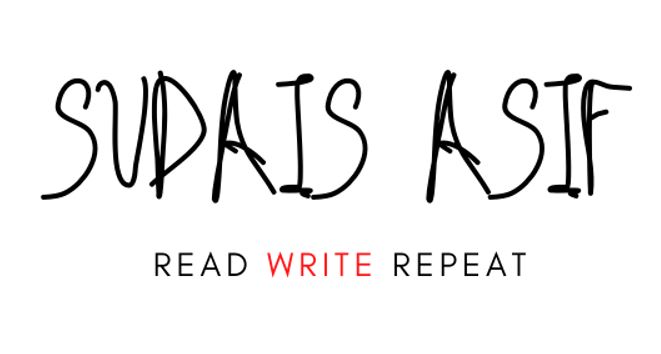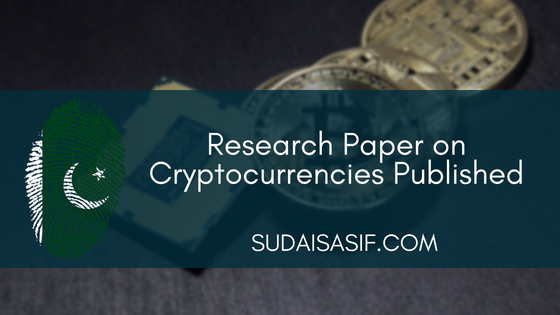Recently, my research paper on cryptocurrencies titled, “The Halal and Haram Aspects of Cryptocurrencies in Islam” was published in the Journal of Islamic Banking and Finance which is an official journal of the International Association of Islamic Banks.

What’s the inspiration behind it?
You see, I knew about cryptocurrencies at the start of 2016 if I recall correctly and made my first investment around September 2016 using the money I had earned through freelancing. Now, I was 16 or 17 years old at that time and had to make those investments using my father’s name on all online accounts as most exchanges wouldn’t allow someone under 18 years old to register an account. I was also curious as to whether these cryptocurrencies fall in the permissibility phase of Islam. Initially, I was convinced that they were perfectly Halal but did remain disturbed on that view which led me to do some pretty intense googling now and then. Anyhow, there was a mix of rulings from Muslim scholars but the most alarming thing to be found was that some of these scholars gave Fatwas with a deep lack of knowledge of the very asset they were inspecting. They did not know about the underlying technology and how it works but were quick to make it illegal for Muslims.
However, I saw beyond this and kept investing until one day, I realized that most of these rulings were mostly related to Bitcoin. Hardly any other cryptocurrency had been inspected which leads us to the question, what would a Muslim investor do when he wanted to invest beyond Bitcoin and did not possess the technical knowledge to analyze other cryptocurrencies? I knew what would be right and wrong in terms of Islamic permissibility by inspecting coins but not everyone would be able to delve into specifics. Forget that, the rapid hype of financial technology Initial Coin Offerings, Cryptocurrency Derivatives, Cryptocurrency Futures and whatnot!
Personally, there would be friends and family members quite curious on knowing about Bitcoin. Knowing all this, I also had this urge to write down a research paper just for the sake of it, maybe because it seemed so cool! Combine the two and I was on my way to write it.
What can I learn from the Paper?
To save myself an explanation, I’ll let you read the abstract below and decide for yourself,
This paper takes into view the conditions that render an investment or transaction haram in Islam and relates them to cryptocurrencies through a literature research methodology. Furthermore, elements that exist in the cryptocurrency ecosystem such as tokens, initial coin
offerings (ICOs) and cryptocurrency derivatives are assessed to check as to whether they are compatible with Islam. The difference between
Bitcoin and its alternatives is also recognized by analyzing their underlying technology and how they could be a major tool in defining
whether or not a cryptocurrency falls in the Islamic permissibility criteria. It concludes that although the technology of cryptocurrencies
in itself is Halal; different aspects contribute in deciding whether the specific digital currency in question is Halal or Haram. Future research
is needed on a couple of key issues related to Proof of Stake protocol which has been discussed.
You can access the paper in chapter 8 at the Journal of Islamic Banking and Finance.
Future Research
There still remain a few questions that need to be answered for Muslim investors on which I might research in the future. For now, I’ve applied to present my paper at the World Islamic Economics and Finance Conference – WIEFC 2019, wish me luck!





